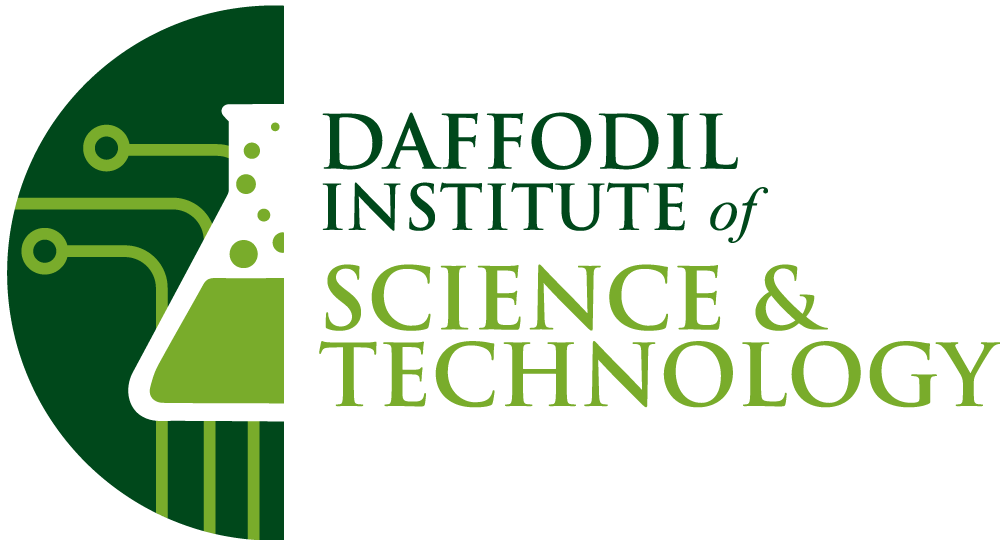Duration: 3 months
Overview:
The Software Quality Assurance course at Daffodil Institute of Science & Technology is designed to provide comprehensive training in ensuring the quality and reliability of software products throughout the software development lifecycle. Participants will learn essential principles, methodologies, and techniques of software quality assurance to identify defects, prevent errors, and improve the overall quality of software products.
Curriculum:
Introduction to Software Quality Assurance (SQA): This module provides an overview of software quality assurance principles, objectives, roles, and responsibilities in the software development process.
Software Testing Fundamentals: Participants learn fundamental concepts of software testing, including test planning, test case design, test execution, defect tracking, and test reporting using manual and automated testing techniques.
Software Testing Techniques: This section covers various software testing techniques, including black-box testing, white-box testing, unit testing, integration testing, system testing, acceptance testing, and regression testing.
Test Automation: Students explore test automation tools and frameworks for automating repetitive testing tasks, including test script development, test execution, and result analysis to improve testing efficiency and effectiveness.
Defect Management: This module focuses on defect management processes, including defect identification, prioritization, tracking, resolution, and reporting using defect tracking tools and techniques.
Quality Assurance Metrics: Participants learn to define and measure quality assurance metrics such as defect density, test coverage, defect removal efficiency, and defect aging to assess and improve software quality.
Software Quality Standards and Models: This section introduces software quality standards and models such as ISO 9001, CMMI (Capability Maturity Model Integration), and Six Sigma for establishing quality processes and practices in software development organizations.
Continuous Integration and Continuous Testing: Students explore continuous integration (CI) and continuous testing (CT) practices for integrating automated testing into the software development pipeline to ensure early detection of defects and continuous improvement of software quality.
Practical Sessions:
Hands-on lab exercises and real-world projects allow students to apply software quality assurance concepts and techniques in simulated software development environments.
Practical scenarios and case studies provide opportunities for students to experience real-world software quality assurance challenges and solutions.
Assessment:
Regular quizzes, assignments, and practical assessments evaluate student understanding and proficiency in software quality assurance concepts and techniques.
A final project or examination assesses comprehensive knowledge and skills acquired during the course.
Certification:
Upon successful completion of the course and passing the final assessment, students receive a certificate in Software Quality Assurance from Daffodil International Professional Training.
Conclusion:
The Software Quality Assurance course equips participants with the essential skills and knowledge required to ensure the quality and reliability of software products through effective software testing, defect management, and quality assurance practices. With hands-on experience and practical insights, students are prepared to pursue careers in software quality assurance, software testing, or further specialization in software quality assurance methodologies and tools.
